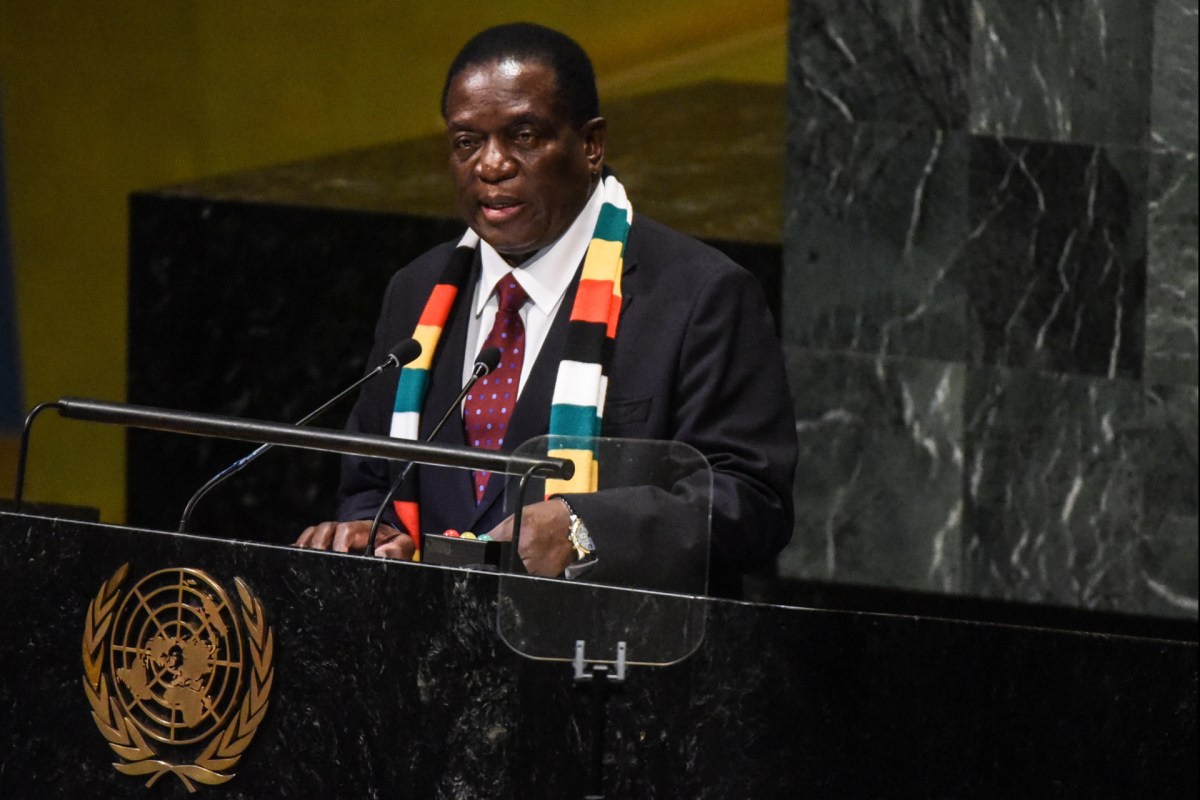Temperatures are rising sharply worldwide, even faster than many researchers expected. That increase is fueling droughts in many regions. Earlier this month, Zimbabwe became the third African nation to declare the current drought a national disaster, after Malawi and Zambia, Phys.org reported.
What happened?
While droughts have always happened, this one is part of a pattern of increasing droughts due to climate change. Thanks to human activities such as burning dirty fuels for energy and transportation, the atmosphere is full of heat-trapping gases that are warming the planet. That, combined with a natural weather pattern called El Niño, resulted in a record-shattering global temperature in 2023.
Zimbabwe is one of the countries that's suffering. Both humans and wildlife are affected by the high temperatures and lack of water.
In particular, the lack of rain has affected this year's grain crops, Phys.org reported. The harvest is expected to bring in only a little more than half of what is needed to feed the nation — leaving 2.7 million people without food.
"No Zimbabwean must succumb or die from hunger," President Emmerson Mnangagwa said during a news conference. "To that end, I do hereby declare a nationwide state of disaster, due to the El Niño-induced drought."
What is the impact of the drought?
Besides the immediate danger to people who lack food, Phys.org reported that the situation will have far-reaching consequences. Food prices are increasing throughout the region because of the shortage, putting many low-income people at risk of food insecurity.
The lack of water is also leading people to use unsafe water sources, which is causing cholera outbreaks. Experts predict El Niño weather patterns could later cause flooding, followed by outbreaks of mosquito-borne malaria.
As the weather continues to heal up around the globe, more areas are likely to experience drought, and food scarcity and disease outbreaks may become more common.
What can be done to help Zimbabwe?
According to Phys.org, President Mnangagwa has called for $2 billion in foreign aid to help the citizens of Zimbabwe who are going hungry.
In the long term, the only solution to rising temperatures is to reduce the heat-trapping gases in our atmosphere by eliminating polluting energy sources.
Join our free newsletter for cool news and actionable info that makes it easy to help yourself while helping the planet.









